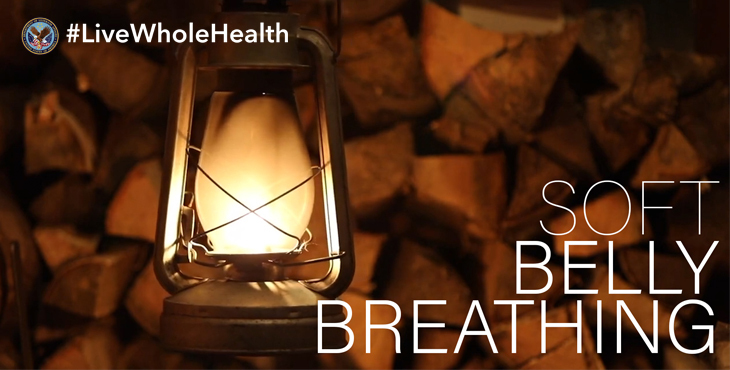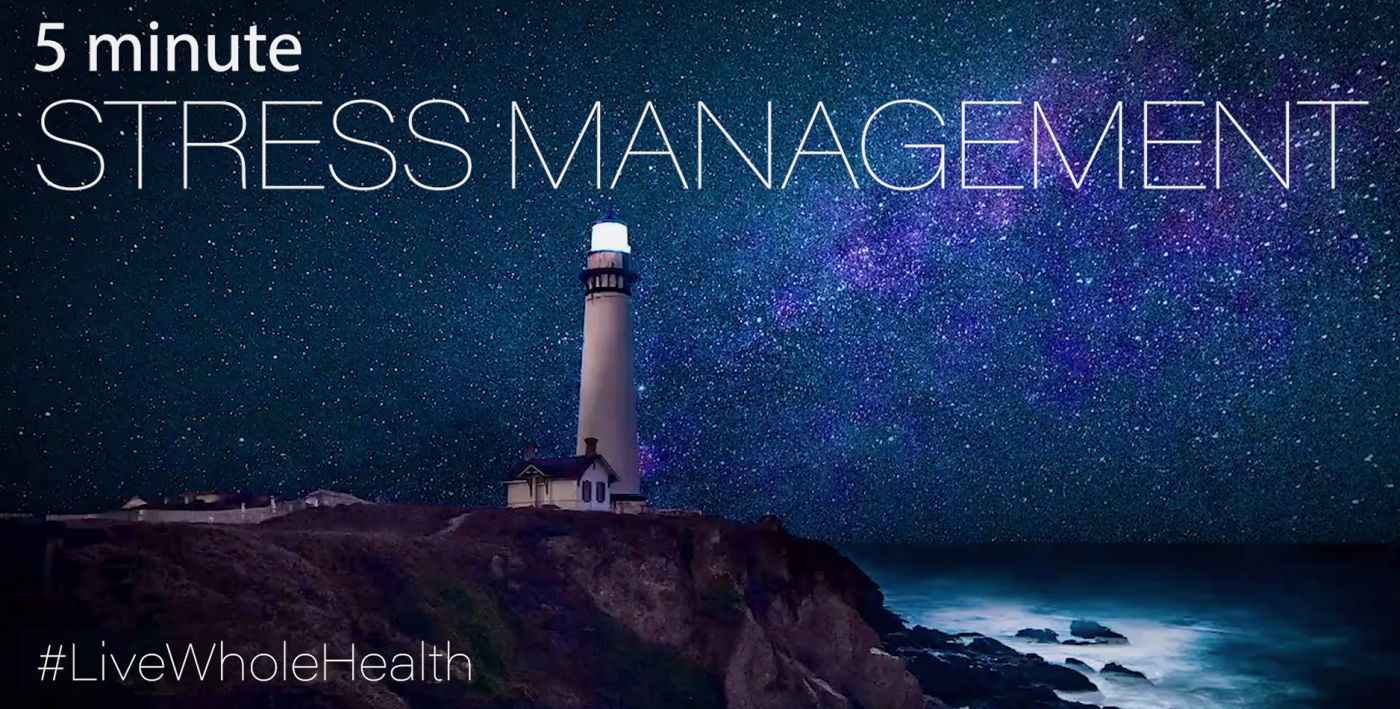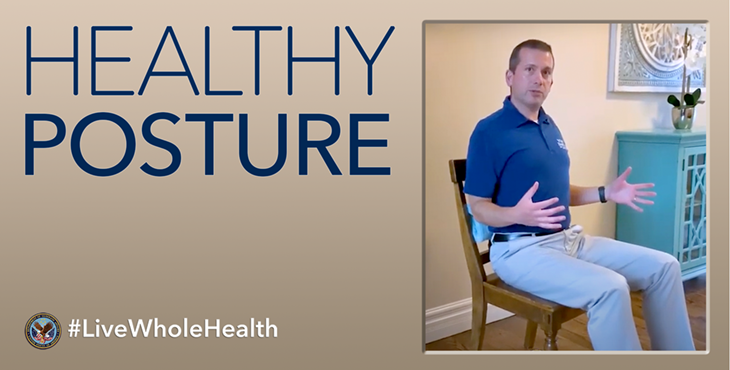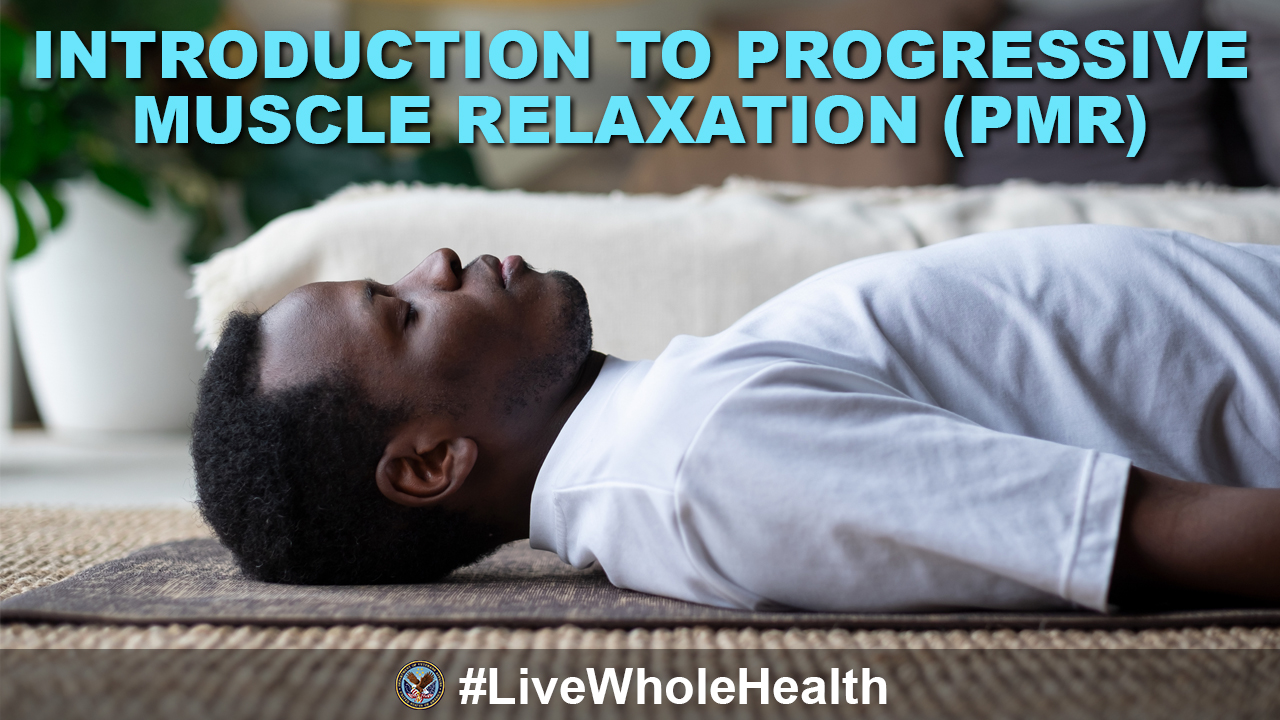There are many ways the mind can affect the physical body. Emotional and physical stress can negatively impact the body, fueling a variety of health problems. Soft Belly Breathing is a simple and effective tool to bring a sense of relaxation and body awareness.
When we experience emotional and physical stress, we have a choice – we can react negatively or we can skillfully respond. Certain reactions to stress may keep us in a state of tension, anxiety, or anger. How we react to stress is critical for our survival (“fight or flight”). Often, though, the negative parts of stress remain even after a threat leaves. We can learn to respond positively to stressful events by practicing mindfulness and conscious breathing on a regular basis.
Breathing slowly and deeply in through the nose and out through the mouth with a soft and relaxed belly can increase the body’s exchange of oxygen. This technique also stimulates the body’s rest and relaxation response. It quiets the areas of the brain that register fear and anger. By practicing soft belly breathing, we can increase self-awareness, improve decision making, slow our heart rate, reduce blood pressure, and promote relaxation. This breathing technique quiets the “fight-or-flight” reaction and allows your mind and body to skillfully respond to stress.
Join Dr. James Gordon, founder and executive director of the non-profit Center for Mind-Body Medicine, in a five and a half minute soft-belly breathing exercise:
Mood Coach
Do you want to learn about other ways to improve your mood? Mood Coach is a free and publicly available mobile app based on behavioral activation, a non-medication intervention for depressed mood. VA’s National Center for PTSD created Mood Coach for people who have experienced depression or are looking for a way to improve their mood.
Mood Coach provides users with education about depression and PTSD. It has customized plans for enjoyable activities, including daily mood ratings to track symptoms of depression, reminders to stay on track, and methods to find support. Although Mood Coach can be used on its own, it’s not meant to replace therapy for those who need it. To learn more about VA apps, visit https://mobile.va.gov/appstore.
Sara Grimsgaard, MHMS, NBC-HWC is a health systems specialist for the Integrative Health Coordinating Center and Whole Health Education Program in the VHA Office of Patient Centered Care and Cultural Transformation.
Topics in this story
More Stories
Ignoring challenging emotions can negatively impact our health. Breathe through worry, anger and sadness in 5 minutes with this week's #LiveWholeHealth practice.
We all have to-do lists, but our health can't always wait. See how improved posture can improve our well-being in this week's #LiveWholeHealth practice.
After a long day, relaxing shouldn't feel like another chore. Unwind in minutes with Progressive Muscle Relaxation for this week's #LiveWholeHealth practice.







Does full belly breathing help women who were raped in the Army?